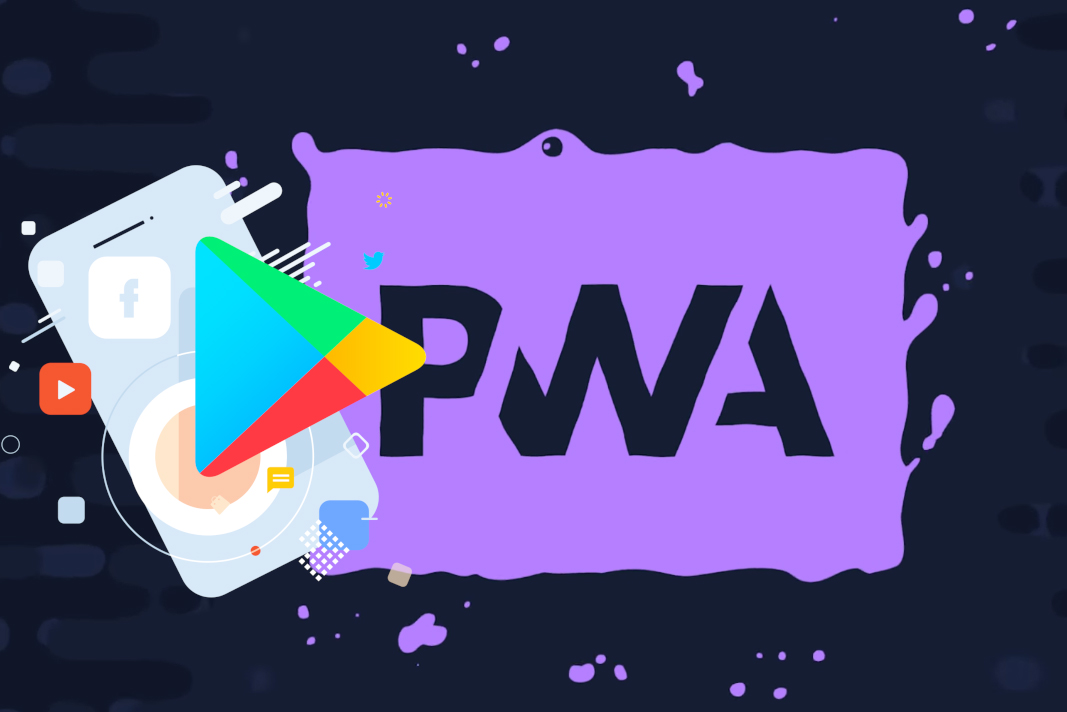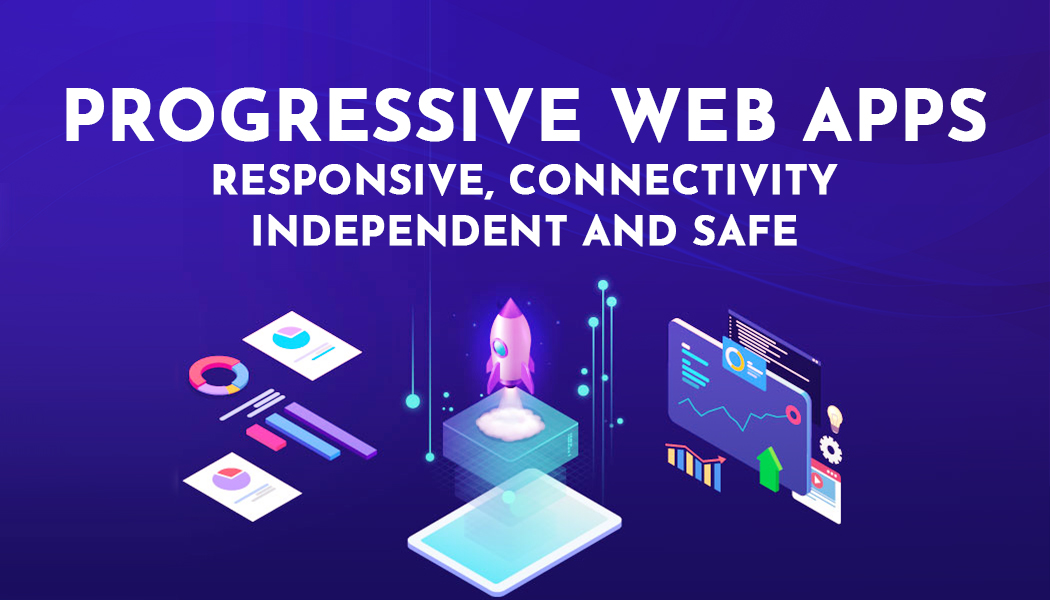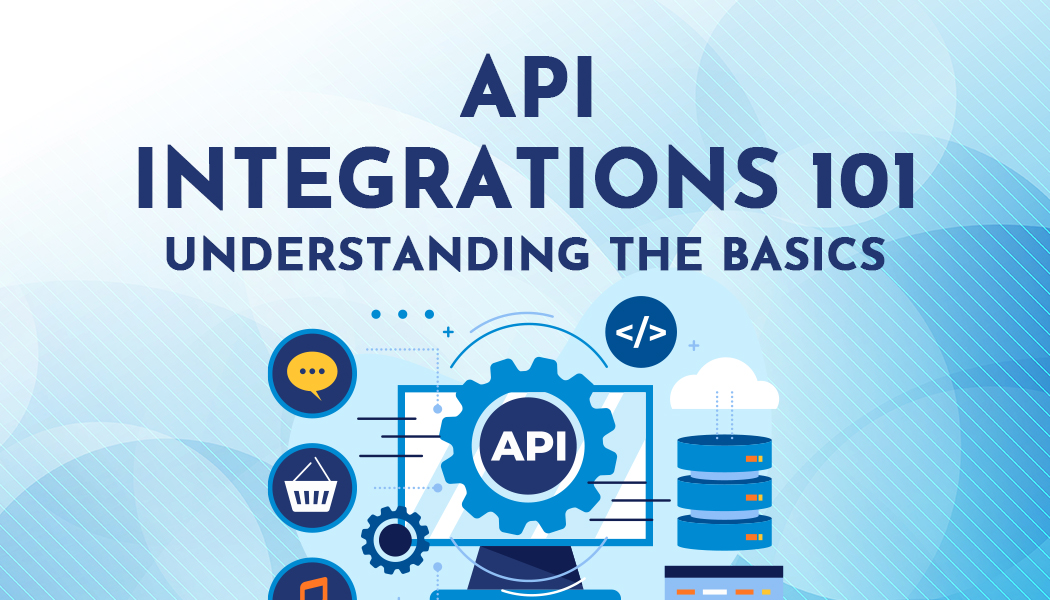Progressive Web Apps: Responsive, Connectivity, Independent and Safe
Progressive Web Apps are one of the most trending terms in the mobile and web world. They have turned the users' dream into reality to install web apps on smartphones that too for real. PWAs has fulfilled users' wish to let their web apps behave more like a real app.
Google introduced these apps two years back. And they are still trending the charts. They use modern web capabilities to deliver an app-like experience to users. Progressive web applications provide a great experience to the users, combining the best of web and apps. They do not need any installation from any application stores. You can install the apps from the websites itself. They are also quite useful to the customers while they visit the browser for the first time.
No doubt, native apps have been quite popular among the users and provide a smooth browsing experience to the users. Then what specialty do Progressive web apps offer? Read this post to know more about the benefits of Progressive Web Apps and how these apps are the future of mobile web apps.
WHAT ARE PROGRESSIVE WEB APPS :
As stated above, PWAs unleash the experience of the best of both app and web world. They appear similar to native mobile apps, but they combine the features of both modern web browsers and the benefits of mobile experience.
Some of the notable features of PWAs :
- The users do not have to install the apps.
- The users will build a strong connection with the apps as they use them over some time.
- These apps can load quickly, even on unstable networks. The apps give full-screen experience to the users.
- PWAs provide offline support, favorable synchronization support, and other notable features.
They can access your location, webcam, and other details that a native app can seek.
WHAT MAKES PWAs MORE SPECIAL OVER NATIVE APPS :
PWAs are widely reachable, and they are the biggest platform on the internet. Still, users tend to spend a lot more time on the internet. Well, the native apps provide a steady experience and greater engagement to the users. What differentiates these apps from PWA is a blend of easy accessibility and wide web reachability and the tremendous expertise of the native apps.
Here are some specialties of Progressive Web Apps :
- PWAs are responsive apps: These apps automatically adjust to any form size, whether it is desktop, mobile device, tablet, or other devices.
- Loading time: PWAs are instantly available despite the unstable internet connectivity.
- Connectivity independence: The apps have enhanced connectivity with the service workers to work online and on low-quality networks.
- Feels like an app: The apps give you the feeling of app-style interactions, built on the app shell model. This model differentiates the functionalities of an app from the application content.
- Safe and secure: The apps ensure that the content is securely available and delivered to the users.
- Easily linkable: The apps do not require any hiatus or complex requirements, and they can be shared well by using the URLs, which means there will be less friction and are easier to share.
- No need to update: PWAs are always updated; you do not have to update them again and again like the other android or ios apps.
- Discoverable apps: PWAs are easily identifiable and enable search engines to find them easily.
- Easily installable: The apps are easily installable, and users can add them to their home screen.
HOW DO PROGRESSIVE APPS WORK :

The popularity of PWAs is reaching the heights of the sky as they provide an app-like experience to the users. You can see an icon added to your home screen and these apps use the following technologies :
- These apps used CACHE API and indexed DB for viable uploading.
- They fetch APIs to enable access to data requests.
- They use HTTPs for security.
- They use service workers and push notifications to enable background tasks.
These apps are quite different from Google chrome's apps as these apps are submitted to the app store to enable users to install them. These apps either work on chrome or the server of the website. Usually, servers of the website host these apps. Therefore the apps get updated similarly as websites get an update. That's why all the browsers which support PWA can use the same app.
What makes an app as a qualified, progressive web app :
- The apps should run under HTTPs.
- The apps must include a web app manifest.
- The apps must implement a service worker, as well.
PWAs have the greatest advantage, and that is of code stability. One can use a similar version of the apps for both mobile and desktop versions. You can also enlist these apps in a mobile app store for a quicker installation.
WHAT IS THE PROSPECTS OF PROGRESSIVE WEB APPS :
The progressive web apps have now been introduced in desktop also with the new chrome67 as per Google. The tech giants such as Google, Apple, and Microsoft have also come up with PWA support.
Almost all the browsers support service workers, which enable PWAs. Now, even the Microsoft Edge browser, which is based on chromium, also supports PWAs. PWAs are now supportable on all the desktop platforms, which include LINUX, MAC, and CHROME.
Apart from the desktop, PWAs are known to be the future of mobile web apps. There are lots and lots of case studies on the same. Let's take a look at some of the examples :
The apps work better than any regular mobile site; see how certain tech companies had a massive improvement in their KPIs after the implementation of PWA :
- West Elm saw more than 15 percent of improvement in the users' time spent on the apps, and it uplifted the revenues by 9 percent.
- The e-commerce sites such as Flipkart saw a rise of 40 percent in customer engagement levels. Also, the site not only doubled but tripled the time spent by the users on their site.
- AliExpress also watched out an increase in the conversion rates by more than 100 percent.
By specifying the above examples, you can upgrade your KPIs with progressive web apps. With each passing day, mobile users are increasing, and desktop users are now switching to mobile devices. In such a scenario, PWAs are rhetorically effective.
Google used a nice acronym to highlight the effectiveness of PWAs as the future of mobile web apps with the term FIRE. Let's check out what does the acronym means :
- F stands for fast: We all are aware of how much we hate the apps' loading time. Even a minimum delay in the loading time can decrease the conversion rates by 20 percent. The progressive web apps, on the contrary, are quite faster and reliable.
Therefore, when the loading time of the page improves, the conversion rates will themselves enhance.
- I stands for Integrated: PWAs can be integrated with the native hardware more easily than the normal websites. They give users a seamless and integrated experience.
- R stands for Reliable: As stated above, PWAs can be loaded offline also despite connectivity issues. Therefore users can have offline access to the apps.
- E stands for engaging: Apart from the speed and reliability, the apps can facilitate sending push notifications, which you can use to drive more customer engagement.
PWAs display all these capabilities and improve the user experience and business performance to a greater extent. No doubt, they have already set the foundation of future mobile apps with seamless benefits and potentialities. On the contrary, if you create your app, it usually takes a lot to fetch a new customer base. Therefore, PWAs are safer to reach more and more users, and simultaneously, they are SEO friendly.




